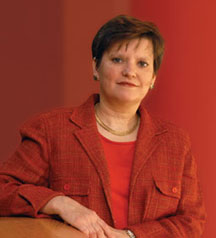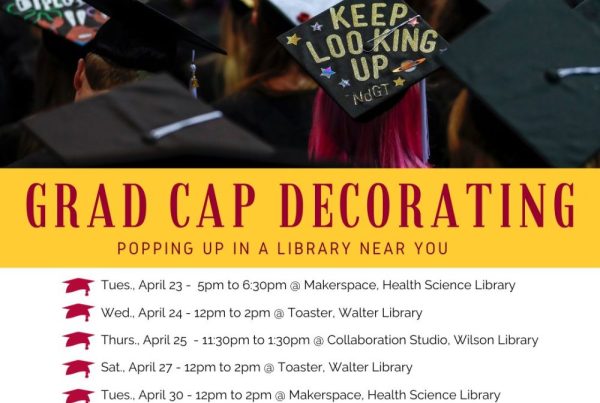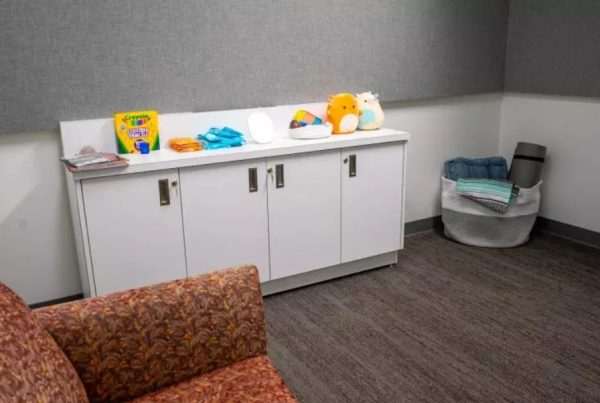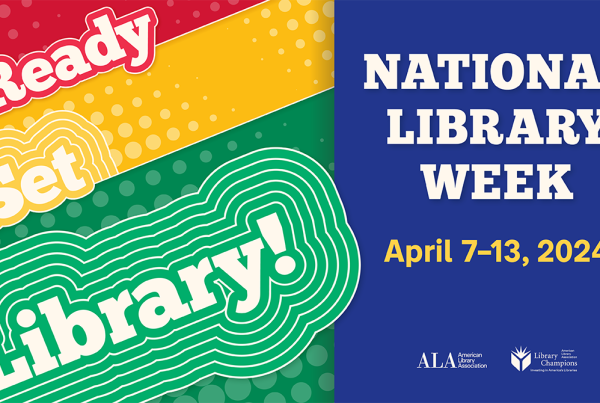 Summer! It’s the time of year when we are particularly sensitive to the cycle of seasons, the shifts in weather and nature. Summer brings opportunity, too, and many are drawn to the garden to exploit the earth for new growth. I am reminded of a quote from Cicero: “If you have a garden and a library, you have everything you need.”
Summer! It’s the time of year when we are particularly sensitive to the cycle of seasons, the shifts in weather and nature. Summer brings opportunity, too, and many are drawn to the garden to exploit the earth for new growth. I am reminded of a quote from Cicero: “If you have a garden and a library, you have everything you need.”
The analogy between gardening and libraries is apt. Productive gardens require fertile soil, a wide variety of seeds, good tools, and careful tending. Libraries provide the same for the process of scholarship and learning, helping seed the environment not just with strong collections, but also with good tools, enabling programs, and expertise to help students and faculty make the most of our resources.
This issue explores the theme of the knowledge lifecycle, from discovery and use of information through creation and dissemination and new knowledge. This same framework guides the University Libraries’ strategic planning: Rather than a singular focus on the products of scholarship (books and journals), the Libraries are supporting individuals and groups with the processes of research and learning. How can we improve the mechanisms and methods individuals use to find information? to manage the sources of information that fuel research? to improve the learning environment?
We have undoubtedly all used Google to find some bit of information. Sometimes we find what we need quickly, sometimes the abundance of search results is overwhelming. The Libraries are working to address this problem by harnessing the power of Google search, enabling refined retrieval, and seamlessly linking an individual’s inquiry to the sources in our collection. We’re also drawing on some of the features of other favored sites—for example, Amazon—in bringing the recommendations of others to inform the research process.
Scientific data are obvious seeds of new research, the elemental information that leads to new discoveries. We have the capability to capture and store huge amounts of data and there is growing recognition that data should be shared to enable new interdisciplinary work. For example, what can the combination of hundreds of years of demographic, land use, and climate data tell us about migration patterns, climate change, and economic development? These are questions being addressed in a joint proposal of the University’s Minnesota Population Center and Institute on the Environment. Such research is possible when data are maintained and made accessible to other researchers.
In 2010, the National Science Foundation implemented a policy to ensure that data will be sustained and potentially shareable, requiring all grant proposals to include data management plans. The Libraries are drawing on our longstanding expertise in managing and preserving information to help researchers on campus respond to that policy requirement.
This issue highlights these and other examples of how Libraries seed new discoveries and learning. Dorothy Canfield Fisher, a educational reformer, social activist, and best-selling American author in the early twentieth century, wrote that libraries are where “the seed corn for the future is stored.” We are working hard to ensure many productive seasons to come.
Happy tilling,
Wendy Pradt Lougee
University Librarian
McKnight Presidential Professor




